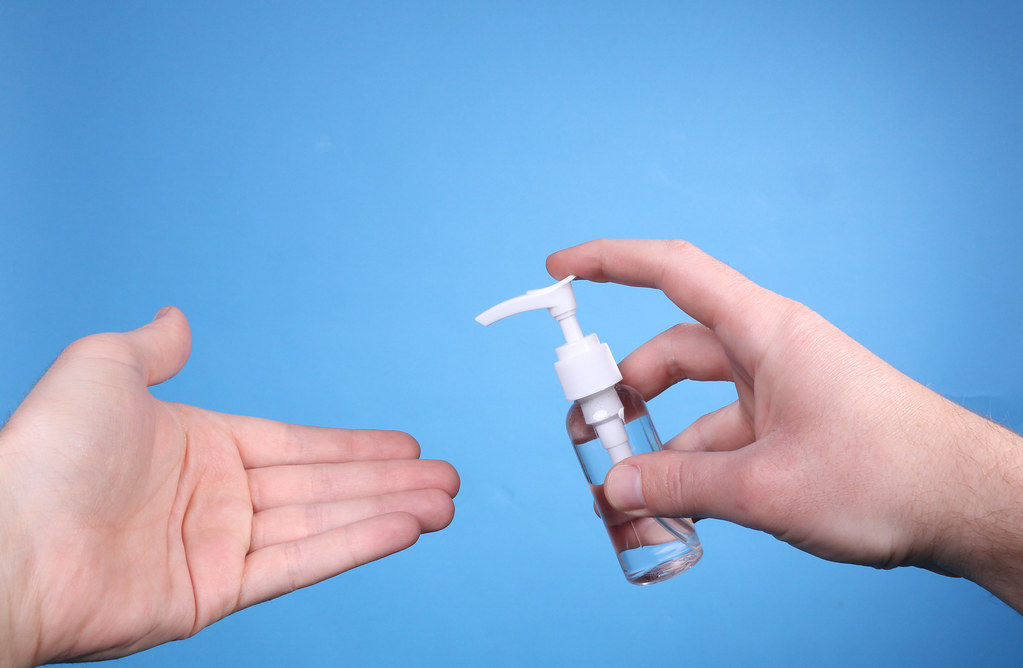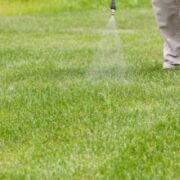
Using compost tea protects your plants wit beneficial microorganisms and feeds the roots as an organic fertilizer. It is a mixture of nutrients and oxygen-loving bacteria, nematodes, fungi, and other microbes that thrive in finished compost. As it takes time to separate the organisms from compost, compost tea is made by steeping compost in water for at least one day. If you are interested in compost tea you may be looking for a how to make compost tea easy recipe online.
Why Use Compost Tea
The use of compost teat will benefit your plants in many ways such as the following:
- Increased plant growth. Compost tea is full of nutrients and minerals that provide greener leaves, brighter and bigger blooms, as well as increased size and yield.
- Sufficient plant and soil nutrients. The plants quickly absorb the fast-acting nutrients in the tea. By using the tea as a foliar spray, the surfaces of the plant have beneficial microbes that leave no room for pathogens to infect it.
- Disease suppression. The use of compost tea creates a balance between the soil and plant, increasing the ability to wardoff diseases, pests, and fungus. It competes with disease-causing microbes, produces plant growth hormones, and fixes nitrogen in the plant.

What you Will Need to Make Your Own Compost Tea
The following are the materials you will need to create compost tea at home:
- Finished Compost. You can buy this in stores or make it at home. A finished compost comes with a sweet smell. The amount of compost you need depends on the amount of tea you want to brew. If you want to make a five-galloon tea, you need around four cups of compost. Don’t use compost with animal manure because it may harbor e-coli bacteria. When it comes to tea brewing, worm compost is a better option.
- You can add oxygen with a simple air pump that includes the tubing, a splitter, at least two air stones, and a check valve.
- Water (Dechlorinated). Chlorine kills the microbes needed for healthy compost tea. Let chlorine evaporate slowly over 24 hours.
- Start brewing in a five-gallon picket bucket and just increase your volume when your interest in the tea grows. Keep in mind that the bigger the container the more oxygen and compost you will need.
- Microbe food. Your bacteria population must be fed with sugar to grow. Great options for microbe food include sweet and sugary non-sulfured molasses, cane syrup, maple syrup, or fruit juice. Just add two tbsp of this food for five gallons of water.
What is your reaction?
Excited
0
Happy
0
In Love
0
Not Sure
0
Silly
0











